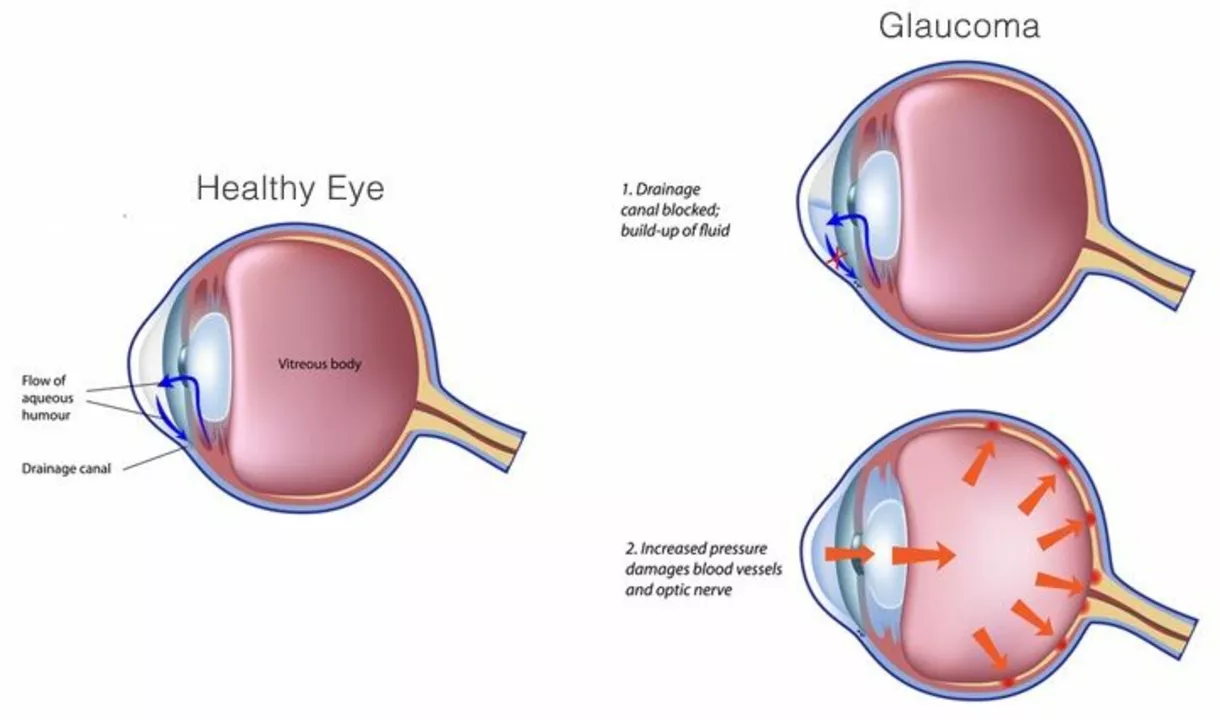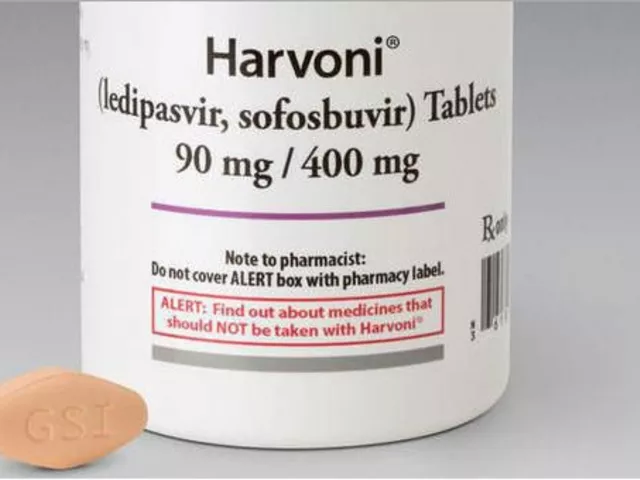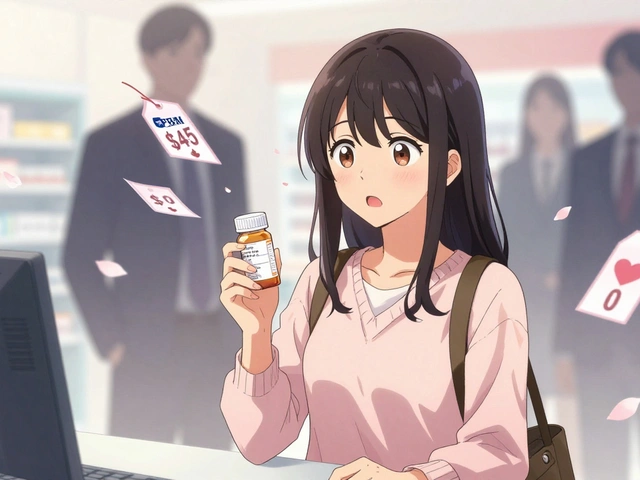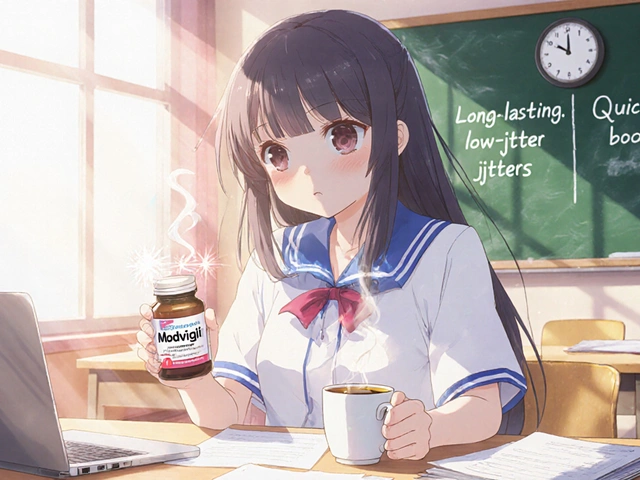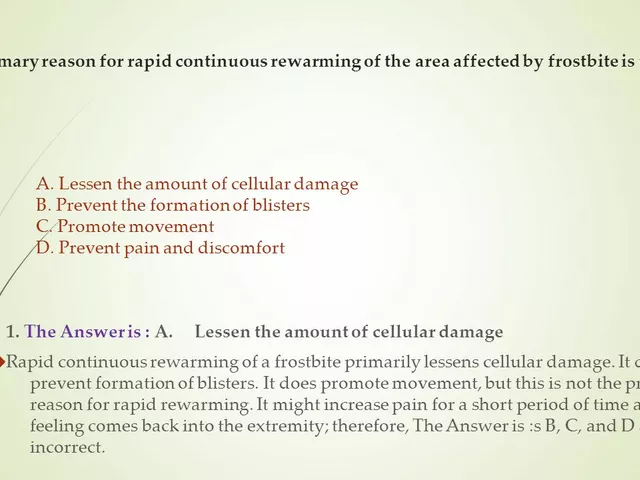Healthy Eyes Tips: Easy Daily Habits to Protect Your Vision
Want better eye comfort without spending a fortune or taking weird shortcuts? Start with small, specific habits that actually work. These tips focus on what you can do every day — at your desk, in the sun, and in the kitchen — to keep your eyes comfortable and your vision sharp.
Daily habits that protect your eyes
Follow the 20-20-20 rule: every 20 minutes, look at something 20 feet away for 20 seconds. It’s the fastest fix for screen strain and most people forget to blink when they stare. Blinking moistens your eyes and prevents dryness — try a conscious blink every minute if screens make your eyes sore.
Adjust your environment. Position your monitor slightly below eye level so you don’t open your eyes too wide. Lower screen brightness to match room lighting and increase text size if you squint. Use warm, indirect light rather than overhead glare. A humidifier helps if you’re in dry air or heating season.
Protect your eyes outdoors. Wear sunglasses that block 100% UV rays. A wide-brim hat helps too, especially at midday. For driving, polarized lenses cut glare and reduce eye fatigue, which matters on long trips.
Handle contact lenses with care. Wash hands before touching lenses, follow the cleaning schedule, and never sleep in lenses unless your eye doctor says it’s OK. Replace your case every 3 months and toss solutions past their expiry date.
Food, supplements, and when to see a doctor
What you eat affects your eyes. Leafy greens, colorful veggies, eggs, and oily fish support eye health. Look for foods with lutein, zeaxanthin, vitamin C, vitamin E, zinc, and omega‑3s. If you’re curious about supplements, consider formulas with lutein/zeaxanthin and omega‑3, but ask your doctor first. Our fish oil article covers omega‑3 benefits in more detail if you want specifics.
Quit smoking or cut back. Smoking raises your risk of age-related macular degeneration and cataracts. It’s one of the clearest, most avoidable risks to long-term vision.
Know when to see an eye doctor. Book an exam if you notice sudden vision changes, persistent flashes or floaters, severe eye pain, or increased light sensitivity. Routine eye checks are smart: adults should get a baseline exam and then follow their optometrist’s advice on frequency, especially if you have diabetes, high blood pressure, or a family history of eye disease.
Simple routines win. Rethink screen breaks, protect your eyes from UV, eat for your vision, and keep up with contact lens hygiene. These small steps add up fast and make your eyes feel a lot better — often in just a few days.

